According to HowNG, 42.69 million underprivileged Nigerians have been excluded from the Federal Government’s N5,000 monthly cash handout since its start in 2016.
The World Bank revealed in the June 2023 issue of the Nigeria Development Update that only 19.4 percent of Nigerians benefited from the program.
With a population of 207.25 million (according to World Bank estimates), this means that around 40.21 million Nigerians benefited from the cash transfer program.
According to the Washington-based bank, over 40% of Nigerians (82.9 million people) will live on less than the national poverty level by the end of 2022.
On the poverty rate, the bank said, “The majority of Nigerians are either poor or economically insecure, just one shock away from falling into poverty. About 40 per cent of Nigerians—82.9 million people— lived on less than the national poverty line in 2018/19.13. An additional one quarter of the population—some 52.6 million people—were economically insecure, at high risk of falling into poverty. The overall poverty situation since then is unlikely to have improved given that GDP per capita has declined since 2019.”
Based on the poverty rate, 42.69 million impoverished people missed out on the Federal Government’s cash distribution program.
Despite the exclusion, the lending bank highlighted that growing prices caused an additional four million Nigerians to become impoverished between January and May of this year.
With the recent withdrawal of fuel subsidies, it was predicted that approximately 7.1 million poor Nigerians would become impoverished if the Federal Government did not compensate or provide palliatives for them.
This has emphasized the need for immediate aid, particularly for the country’s poor and vulnerable.
Nigeria underspends
According to the World Bank, the Nigerian government is not investing enough to fight poverty and protect Nigerians.
According to the bank’s NDU assessment, “despite being exposed to frequent recent shocks, the majority of the population lacks financial protection to adequately cope with shocks.” Nigeria spent only 0.7 percent of its GDP on social safety nets in 2021. This is significantly lower than the 1.2 percent average for Sub-Saharan Africa and lower-middle-income nations, as well as the global average of 1.5 percent.
“Consequently, only 19.4 per cent of Nigerians benefitted from any safety nets programme, compared with 25 per cent regionally and 41 per cent globally. Even among those covered, benefit levels remain insufficient to keep households out of poverty. Thus, Nigeria needs to rapidly and comprehensively expand the coverage and adequacy of its social protection programmes to allow households to cope better with inevitable future shocks.”
The bank further noted that Nigeria had the capacity and infrastructure to deliver the necessary assistance needed.
It stated, “Nigeria has the capacity and the infrastructure to deliver immediate assistance at scale. In recent years, Nigeria has invested in building a robust safety nets delivery system that can provide immediate assistance to a large number of households. This includes the development of social registries that can be used to select households for support and a robust payment system that can deliver cash transfers in a safe, secure, and reliable manner.”
Call for Expansion
There have been calls for the expansion of the social safety net to cover more poor people.
In this regard, the World Bank said, “Building on earlier progress in expanding social protection to the poor and vulnerable, the government can leverage the phasing out of the petrol subsidy to establish a new social compact with Nigerians.
“Establishing a redistribution mechanism that uses a portion of the fiscal savings to protect lower-income households could minimise the negative impact on consumer welfare while still yielding a large net gain in government revenues.
“To build public support for phasing out the subsidy, and as part of a wider process of building trust, the government could propose a compact with Nigerian citizens that directly links the phased-out subsidy to compensatory cash transfers. It could publicize this compact (cash transfer amounts, eligibility criteria, transfer mechanisms, etc.), enabling the media and civil society to monitor compliance.”
Experts agree with the World Bank that not only should coverage be expanded, but it should also be made more transparent.
In discussing it with HowNG, Johnson Chukwu, Managing Director of Cowry Asset Management Limited, stated that the government must be transparent and make the database accessible to all for easy validation.
He said, “The government must have a register, and that register should be in public domain. It should be broken into states, local governments, districts, so that people can actually go to that register and confirm the genuineness of the people in the register.
“This way, you have genuine people who are in need in that register, So, it is just about the level of transparency and openness that the government has regarding the register.”
A former President of the National Accountants of Nigeria, Dr Sam Nzekwe, also stressed the need for accurate data to ensure that genuine poor people are the major beneficiaries.
“It is very important that we have open data,” he said.



